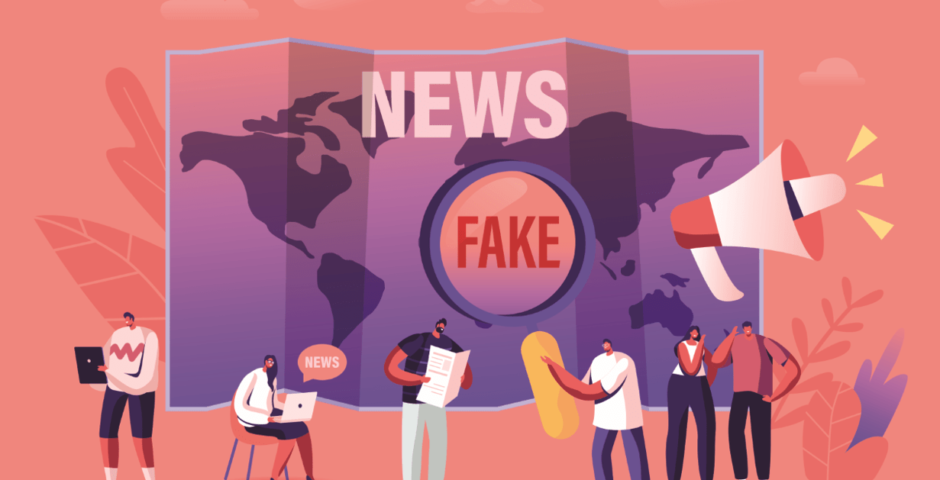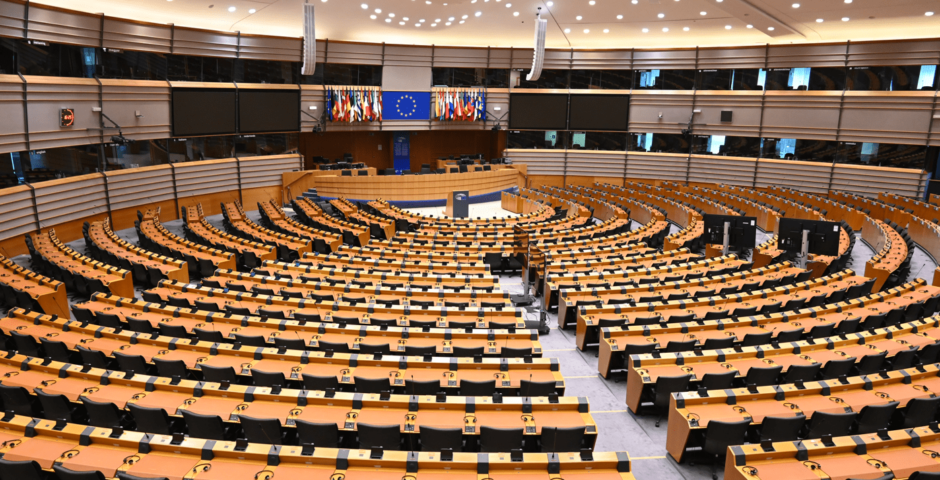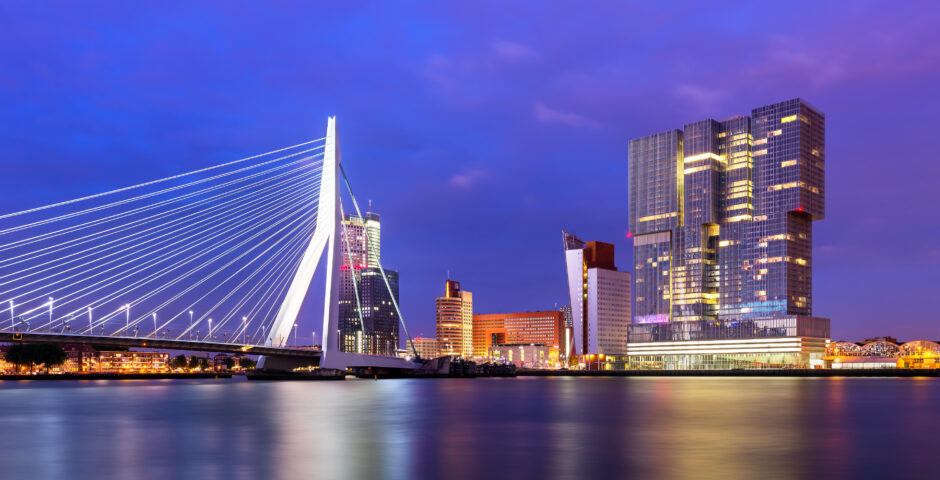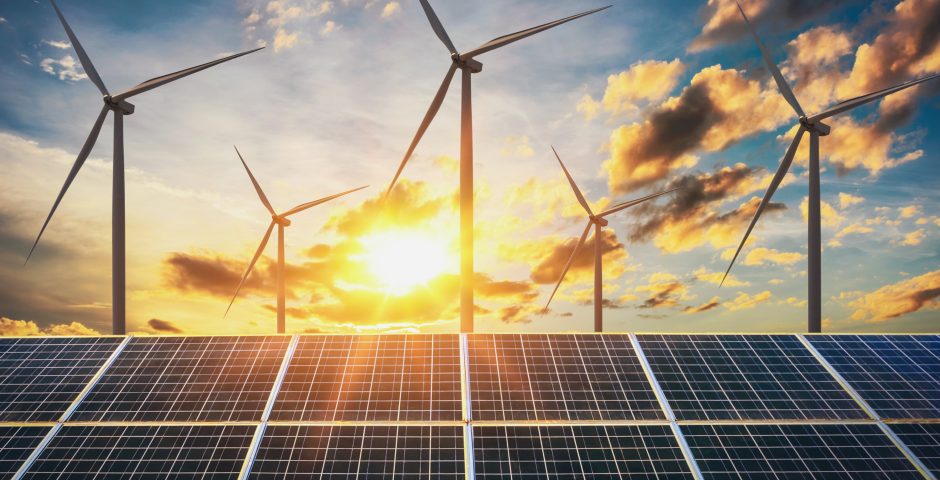One year of war
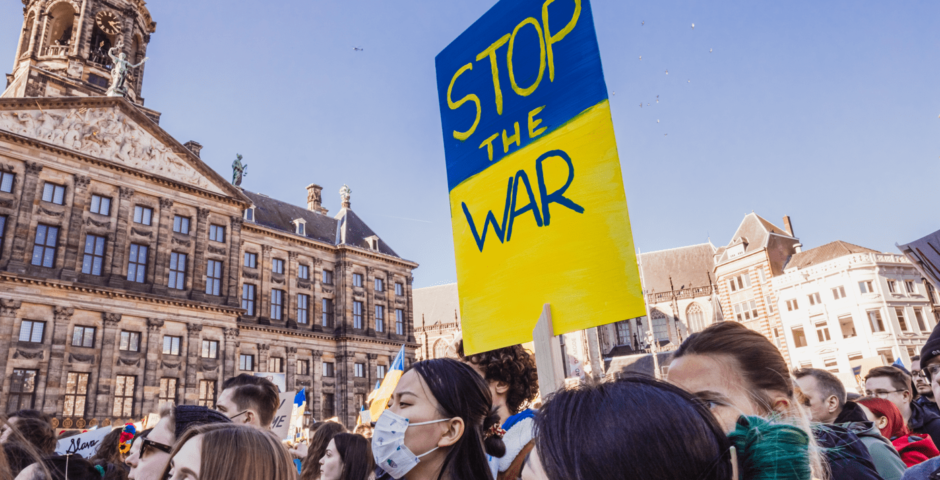
Some recent developments of the war in Ukraine highlighted.
Exactly one year ago, on 24 February 2022, Russia’s invasion of Ukraine began. At the time, this website covered the war several times from different perspectives. For instance, one could read articles about the European Union’s (EU) reaction to the invasion, the role of social media in the war and the EU’s use of gas as a ‘weapon’ to thwart Russia. Some time before that, in 2021, you could read an article on the build-up to the conflict since 2014. Because let us not forget that the Russian-Ukrainian war had its starting point almost eight years earlier, when the annexation of Crimea began on 20 February 2014, followed by hybrid warfare in the Donbas area.
This article is not an overview article, simply because the war has had a huge number of key moments so far that are difficult to summarise. Instead, it focuses on some recent developments from Russia, Ukraine and ‘the rest’.
Putin and his speech
On 21 February 2023, Russian President Vladimir Putin addressed the Russian people in his ‘Presidential Address to the Federal Assembly’ (Poslanie Prezidenta Rossii Federal’nomu sobraniju). In general, this speech is held annually, although it was skipped in 2022 because of the war (however this was not the first time the speech was skipped). This year, the speech lasted two hours, a new record. Despite the fact that Putin’s direction in the speech did not surprise anyone, it was at the center of attention over the past few days.
A number of Putin’s statements during his speech fit within the narrative he has actually been demonstrating from the beginning of the war. Take for instance the statement “we are not at war with the Ukrainian people”, referring to the narrative that it is the anti-Russian government in Kyiv (previously also associated with ‘Nazis’ from the Putin regime) that is being fought against. However, we have seen Ukrainians being victims of war violence on many occasions over the past year, the most famous example being the Bucha massacre, where Russian troops killed hundreds of Ukrainian civilians.
Putin makes it clear in his speech that it was not Russia that started the war, but the government in Kyiv. According to Putin, Russia only used force to stop the war. But, that was not what they wanted. He claims that it was Russia that did everything possible to resolve this conflict peacefully. He therefore concludes the speech by saying “the truth is on our side”, before loud applause could be heard from the audience.
While this two-hour speech does not reveal a new narrative, it is yet another confirmation of the existence of an alternative truth within the Kremlin. Who produces this truth and who actually believes it within the top we do not know. Either way, it does not look like the war from the Russian side will end any time soon as long as this narrative prevails.
Zelenskyy and his speeches
Ukrainian President Volodymyr Zelenskyy has portrayed himself from the beginning of the war as a strong leader who will do everything to protect his people and stop this war. He did this initially from Ukraine itself, as he was of the belief that it would be a sign of weakness if he fled and took cover in another country. In the past few months, however, we see that Zelenskyy is not only fighting the battle from Ukraine, but also from abroad. This is not an act of cowardice from his part, but a way for Zelenskyy to engage with world leaders who want to support him and his country.
In his second trip outside Ukraine, Zelenskyy visited the European Parliament, after having visited the UK and France. At the European Parliament he gave a speech on 9 February. In his speech, Zelenskyy stressed the connection Ukraine has with the rest of Europe, but above all that the attack on Ukraine is thereby not only an attack on the Ukrainian people, but on the “European way of life”. The war, according to him, is thus also aimed at destroying this way of life. He also stressed Ukraine’s desire to eventually become an EU member state. Support from member states is therefore essential in the fight, according to Zelenskyy. In late 2022, Zelenskyy made his first trip outside of Ukraine after the Russian invasion to the United States. During that trip, he addressed the US Congress. In this speech, he also mentioned that the support of not only the United States, but also that of Europe and the rest of the world was of enormous importance.
Outside of Zelenskyy’s official speeches, the demand for support from Ukraine seems to be mostly about arms at the moment. Specifically, the EU’s arms supply budget was already increased from 3.1 billion to 3.6 billion in January 2023. This money will be put into a fund that member states can use to supply arms to Ukraine. This is because the EU does not supply arms itself, so it only reimburses for arms supplies. Of the EU member states, it is Germany and Poland that have supplied the most weapons so far. However, we have recently seen more and more European countries supplying increasingly heavier weapons. On 22 February, for instance, Spain announced it would send six Leopard 2 tanks.
It is not over yet
As mentioned earlier in this article, it does not look like the war is going to be over any time soon. Russia is not finished yet, both physically and mentally. The Russians still continue to occupy parts of Ukraine, even if things are not going so well at times. Putin’s speech showed that mentally there is also still a belief in the war, at least in the Kremlin. However, this is not to say that every Russian fully supports the war. Of course, we have already seen plenty of Russians who did not agree fleeing the country, but even Russians who do not speak out loud cannot be assumed to support the war.
That the war is not over is a fact, but that it has been going on for a year is also something to think about. A year is a long time, especially in the society we live in today. Life moves fast: social media brings us the latest news in no time. This ensures that people are quicker and better informed of developments in the world. However, the downside is that people also lose attention to those same developments faster, especially if they last for a long time. We should however not forget that there are still casualties every day, even though we may not see it on our screens as regularly.
In doing so, it is also important not to forget that it is Ukraine that plays the leading role here, as the victim. The Ukrainian perspective is most important in the storyline. Let’s not just talk about Ukraine, but especially with Ukraine, as the EU did, for instance, during a recent summit attended by Zelenskyy. And let’s keep paying attention to the conflict, because even without a push notification, the world is not standing still.
Esmee Slutter studied History (Radboud University) and Russian Studies (Leiden University). She is currently pursuing her master’s degree in East European Studies at the University of Amsterdam.
Image: Shutterstock

